Google Docs, Calendar, And The Future Of Collaboration In 2025
Google Docs, Calendar, and the Future of Collaboration in 2025
Related Articles: Google Docs, Calendar, and the Future of Collaboration in 2025
- Calendar 2025: A Comprehensive Guide To Calendar Labs’ Innovative Platform
- LAUSD Calendar 2025 – 2026: A Comprehensive Guide To School Year Dates And Holidays
- February 2025 Calendar Picture
- Greenville County Schools Calendar 2020-2025
- SD 46 Calendar 2025-2026: A Comprehensive Guide
Introduction
In this auspicious occasion, we are delighted to delve into the intriguing topic related to Google Docs, Calendar, and the Future of Collaboration in 2025. Let’s weave interesting information and offer fresh perspectives to the readers.
Table of Content
Video about Google Docs, Calendar, and the Future of Collaboration in 2025
Google Docs, Calendar, and the Future of Collaboration in 2025
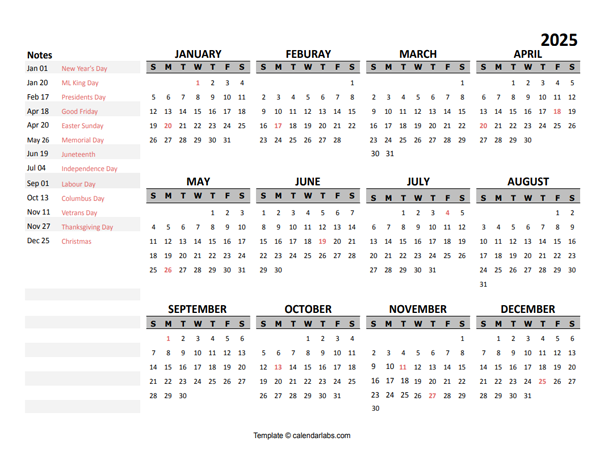
Introduction
In the rapidly evolving digital landscape, productivity tools have become indispensable for businesses and individuals alike. Google’s suite of productivity applications, including Docs, Calendar, and other collaborative tools, has revolutionized the way we work and manage our schedules. As we look ahead to 2025, it’s clear that Google Docs and Calendar will continue to play a pivotal role in the future of collaboration.
The Rise of Real-Time Collaboration
One of the most significant advancements in Google Docs and Calendar in recent years has been the introduction of real-time collaboration. This feature allows multiple users to work on a document or calendar event simultaneously, eliminating the need for cumbersome email chains or version control issues.
In 2025, real-time collaboration will become even more seamless and intuitive. Google is investing heavily in artificial intelligence (AI) and machine learning (ML) to enhance the collaborative experience. For example, AI-powered suggestions will help users find relevant information and automate repetitive tasks. ML algorithms will optimize collaboration workflows, ensuring that users are connected with the right people at the right time.
Integration with Other Apps and Services
Google Docs and Calendar are not isolated tools; they are part of a comprehensive ecosystem of apps and services that enhance productivity. In 2025, the integration between Google Docs, Calendar, and other Google products will become even tighter.
Users will be able to seamlessly access and share documents from within Calendar events. They will also be able to create and manage tasks from within Docs, ensuring that all aspects of a project are tracked and coordinated. Additionally, Google Docs and Calendar will integrate with third-party apps and services, such as CRM systems and project management tools, providing a truly comprehensive productivity solution.
AI-Powered Insights and Analytics
AI and ML will also play a crucial role in providing insights and analytics from Google Docs and Calendar. In 2025, these tools will analyze user data to identify patterns, trends, and potential bottlenecks.
For example, Google Docs will be able to provide suggestions for improving writing style, grammar, and tone. Calendar will offer insights into team availability and meeting patterns, helping users optimize their schedules. This data-driven approach will empower users to make informed decisions and improve their productivity.
Enhanced Accessibility and Inclusivity
Google is committed to making its products accessible and inclusive for all users. In 2025, Google Docs and Calendar will continue to evolve with features that cater to diverse needs.
For example, Docs will offer improved support for screen readers and assistive technologies, making it easier for visually impaired users to access and edit documents. Calendar will include features that support users with hearing impairments, such as visual notifications and transcripts of meeting recordings.
The Future of Hybrid Work
The COVID-19 pandemic has accelerated the adoption of hybrid work models, where employees split their time between the office and remote locations. In 2025, Google Docs and Calendar will be essential tools for supporting hybrid workforces.
Real-time collaboration and seamless integration with other apps will enable teams to work together effectively regardless of their location. Calendar will provide tools for managing virtual meetings and scheduling hybrid events that accommodate both in-person and remote attendees.
Conclusion
Google Docs and Calendar are already powerful tools for collaboration, but their capabilities will continue to expand in the years to come. By leveraging AI, ML, and deep integration with other apps and services, Google is creating a future where collaboration is seamless, data-driven, and inclusive.
As we approach 2025, Google Docs and Calendar will play an increasingly vital role in the way we work, manage our schedules, and achieve our goals. These tools will empower us to collaborate more effectively, innovate more rapidly, and unlock the full potential of our productivity.
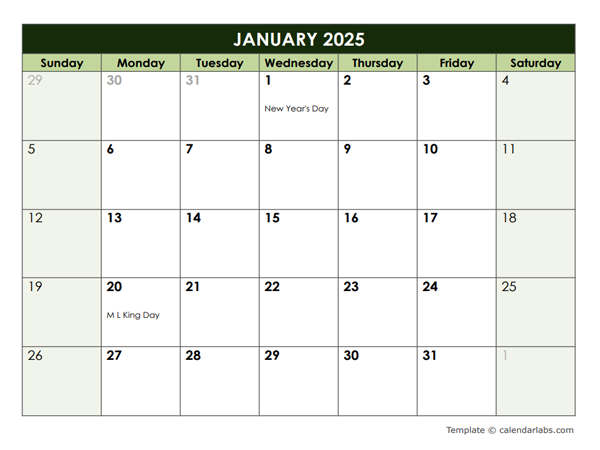
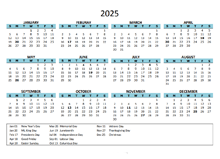

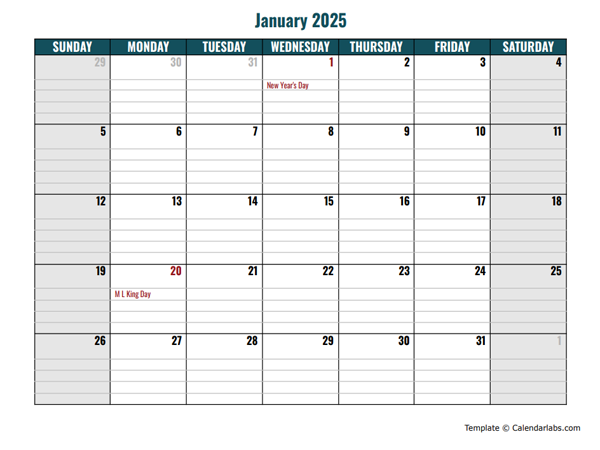


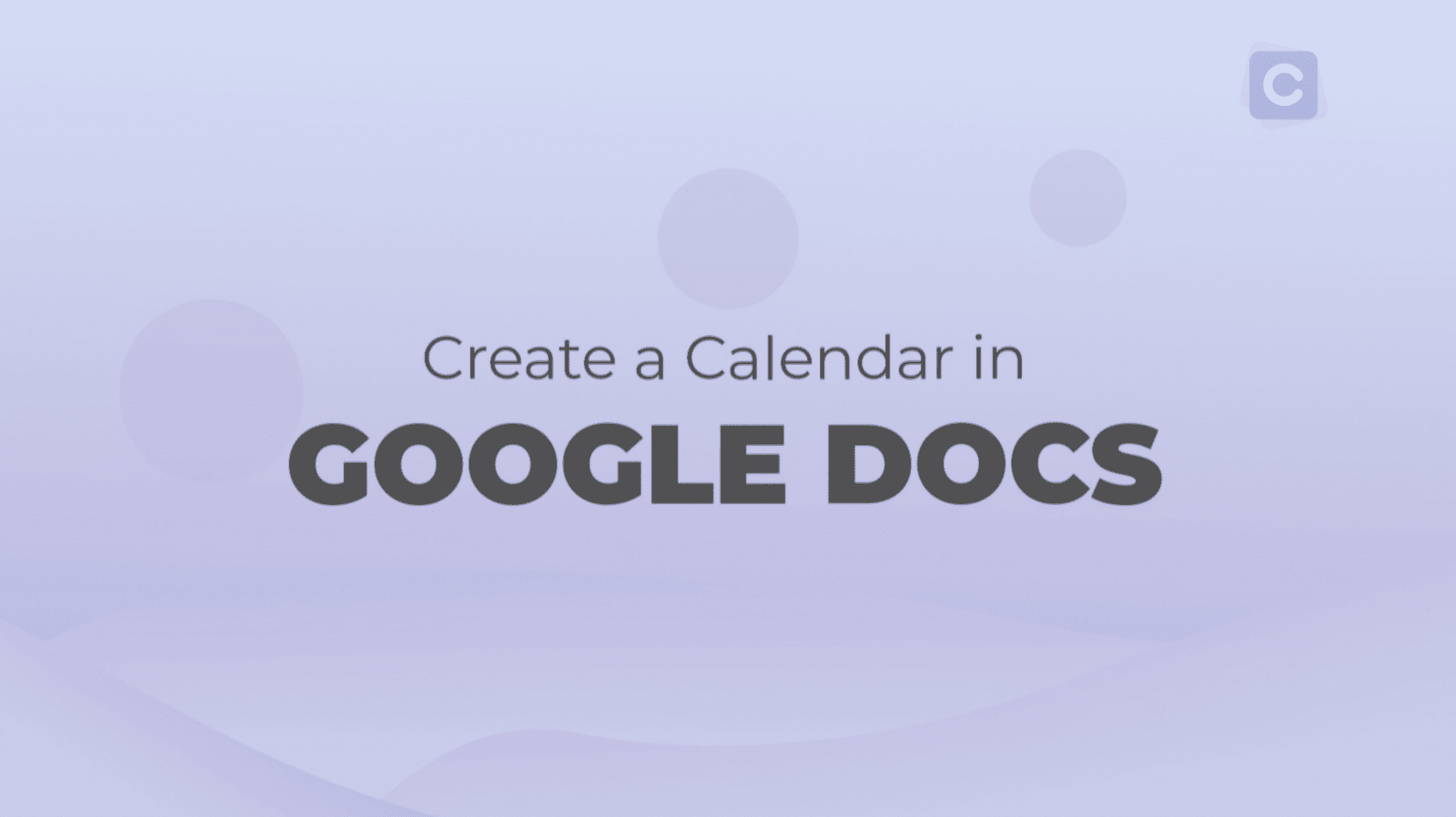
:max_bytes(150000):strip_icc()/google-calendar-template-formatting-857a08a917924e7a9cba904dd7635f21.png)
Closure
Thus, we hope this article has provided valuable insights into Google Docs, Calendar, and the Future of Collaboration in 2025. We hope you find this article informative and beneficial. See you in our next article!